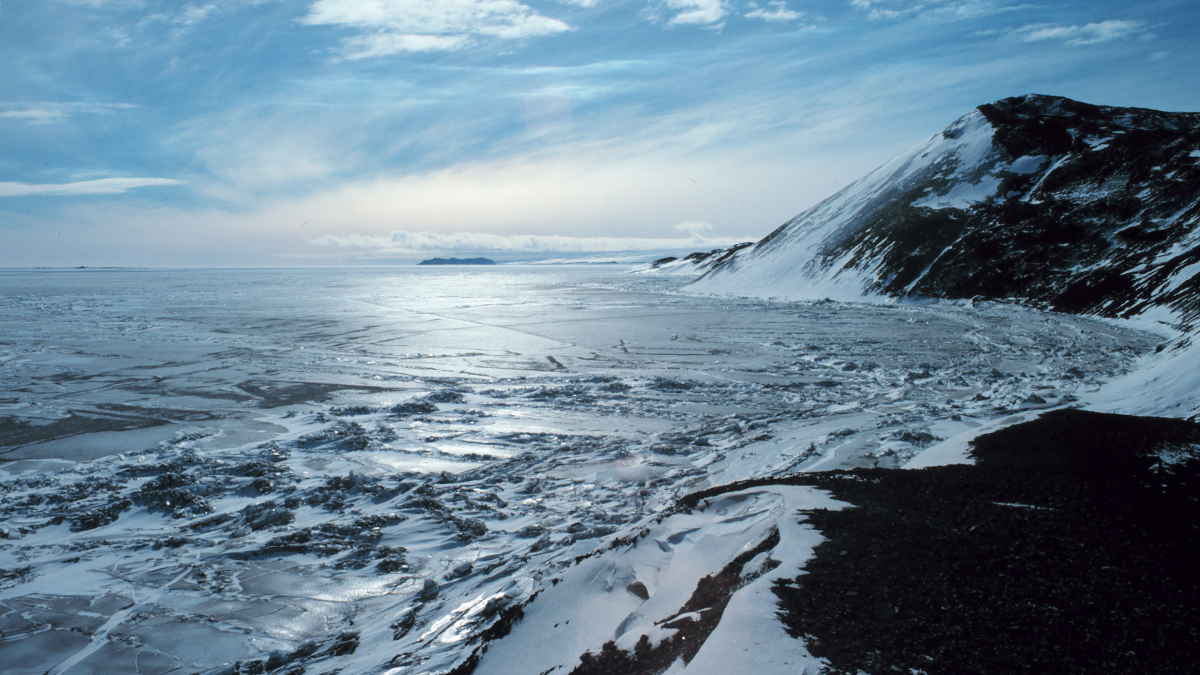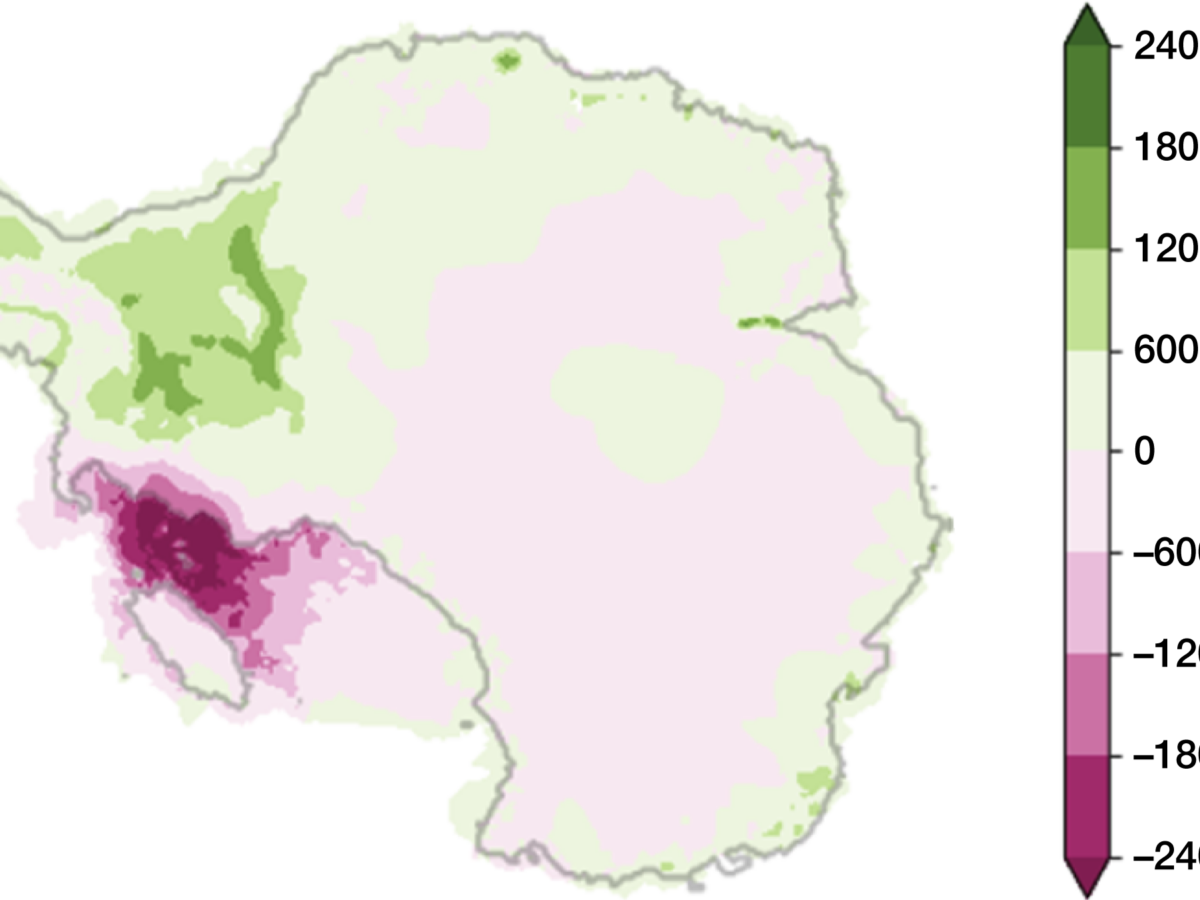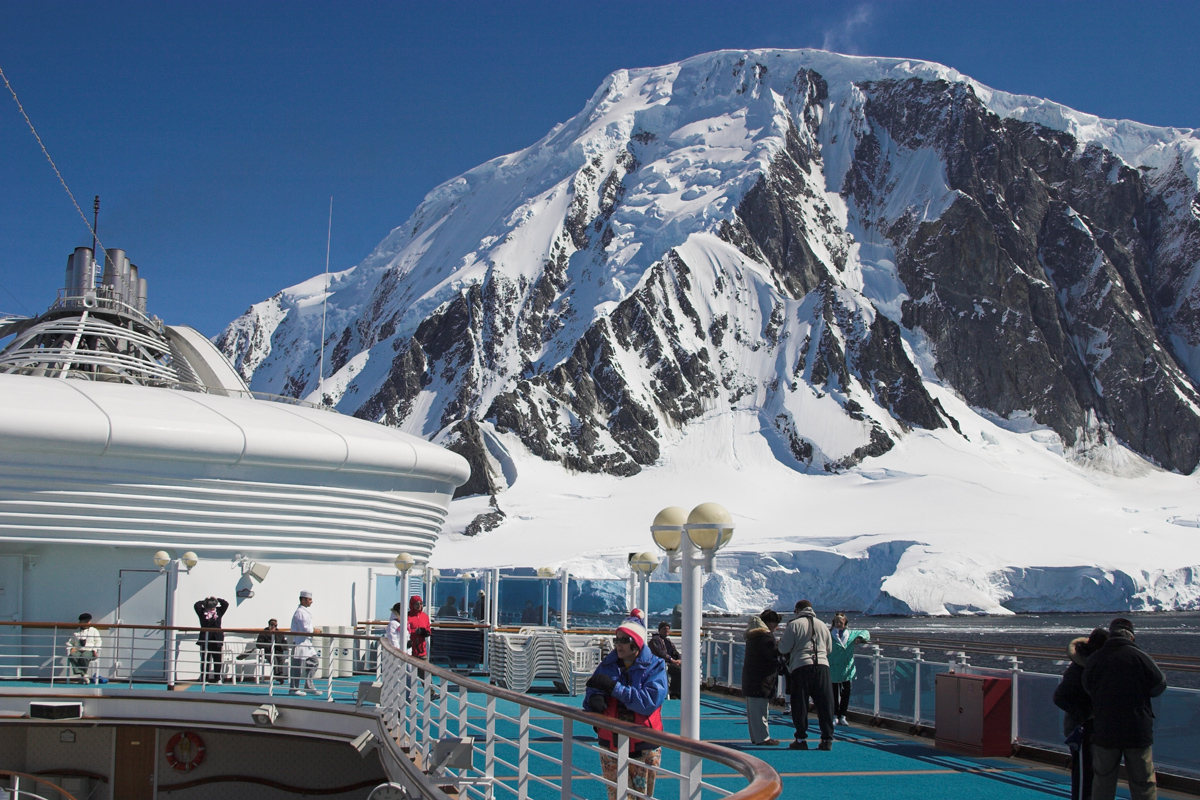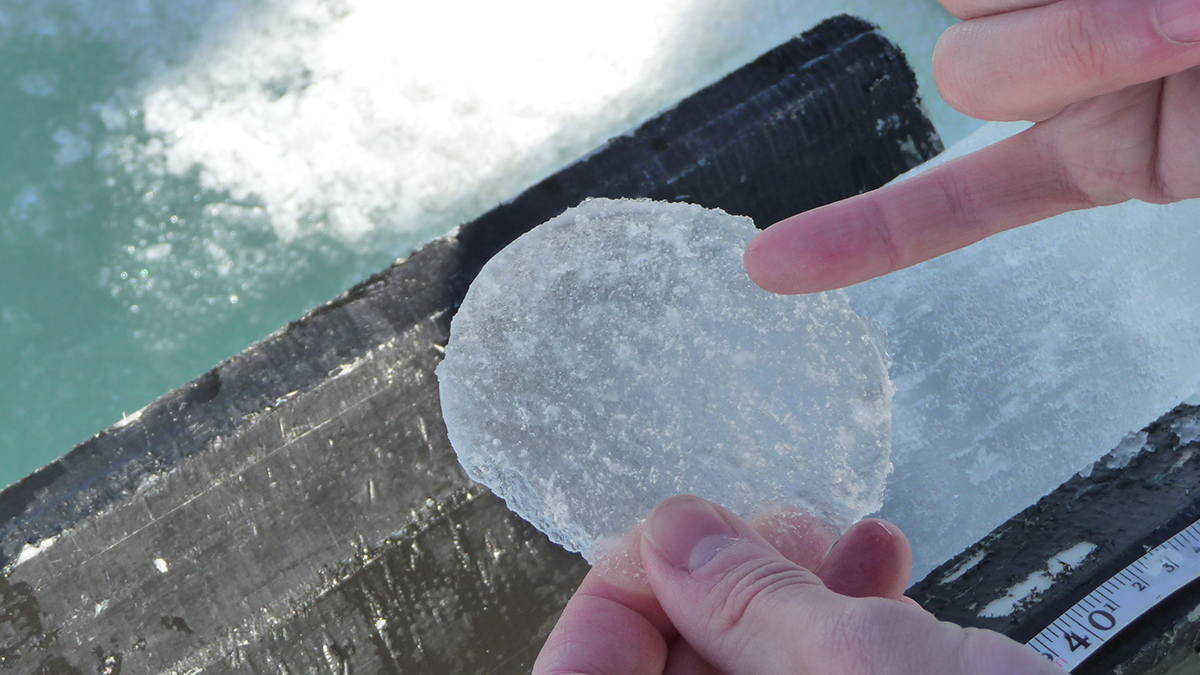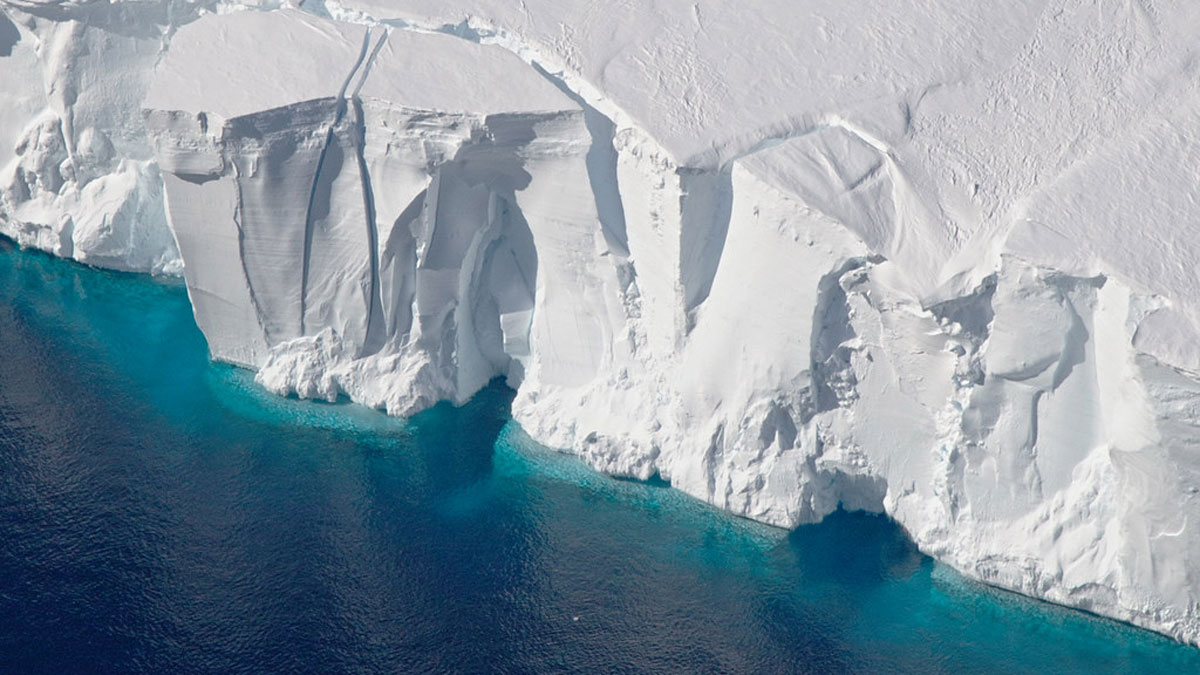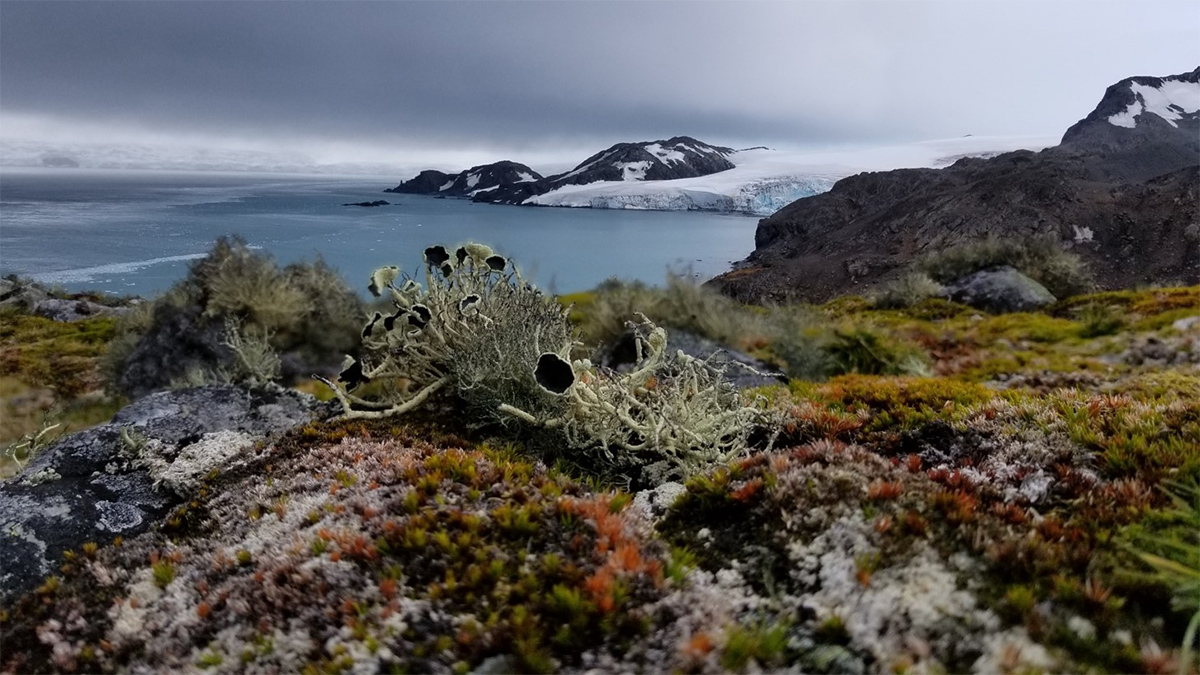More than 100 volcanoes lurk beneath the surface in Antarctica. Ice sheet melt could set them off.
Antarctica
Massive Antarctic Icebergs May Calve at Random
The first analysis of extreme calving events in Antarctica finds no correlation with climate change, highlighting the significance of common, smaller calving events for ice loss and instability.
Cold Days Bring Fast Ice
Thirty-seven years of observations reveal the meteorological conditions that lead to persistent, thick fast ice in Antarctica.
Mantle Motion Matters for Mapping Modern (and Ancient) Ice
Mantle motions have major effects on topography and the distribution of ice sheets. The motions are key for researchers trying to properly parse past mantle movement.
Tourism and Distant Fires Affect Antarctica’s Black Carbon Levels
Tourism and biomass burning in the Southern Hemisphere are boosting black carbon levels and accelerating ice melt in Antarctica.
Centennial-Scale Jumps in CO2 Driven by Earth’s Tilt
Antarctic ice records uncovered seven previously unknown jumps in atmospheric carbon dioxide. These events may have been driven by changes in Earth’s tilt.
Phytoplankton Shield Ice Shelves from Summer Heat
Spring blooms shade Antarctic ice shelves, causing them to melt 7% more slowly than they would if they were surrounded by clear, bloomless waters.
New Map Reveals the Extent of Vegetation in Antarctica
More than 40 square kilometers of vegetation cover Antarctica, including in previously unknown areas. A new map offers fresh insights for conservation amid climate change.
An All-Community Push to “Close the Loops” on Southern Ocean Dynamics
A new study highlights the connected nature of the Southern Ocean dynamic system, the research priorities needed to understand its influence on climate change, the importance of cross-disciplinary collaborations.



